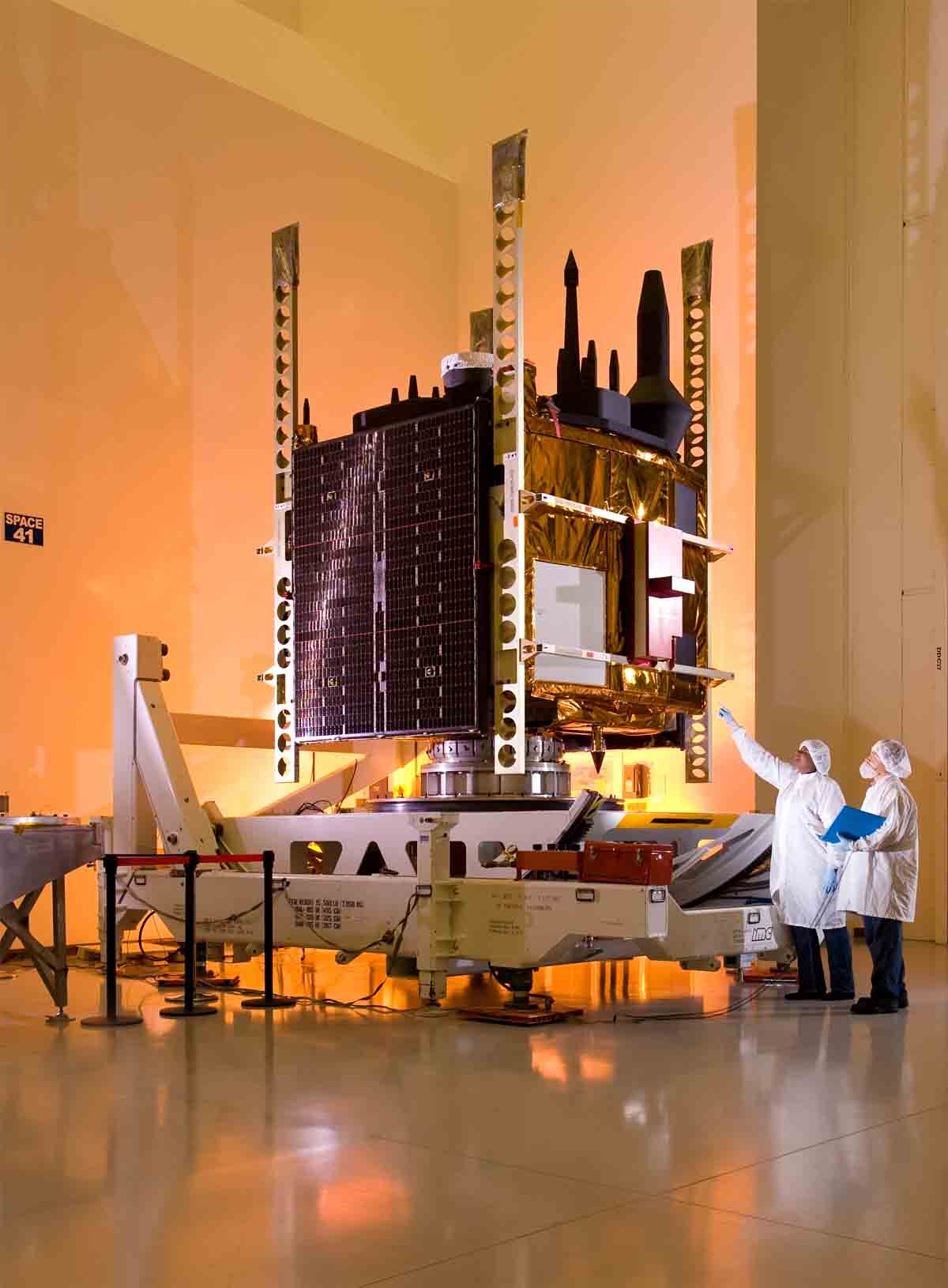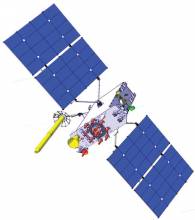
Septentrio and QinetiQ have reported the world’s first successful reception on February 14 of the encrypted Galileo Public Regulated Service (PRS) signal from the Galileo in-orbit validation (IOV) satellites launched in October 2011.
Septentrio and QinetiQ have reported the world’s first successful reception on February 14 of the encrypted Galileo Public Regulated Service (PRS) signal from the Galileo in-orbit validation (IOV) satellites launched in October 2011.
The signal was received on the Galileo PRS Test User Receiver (PRS-TUR) jointly developed by Septentrio Satellite Navigation, based in Leuven, Belgium, and UK-headquartered QinetiQ under a European Space Agency (ESA) contract. For the reception test, the receiver was installed in the Galileo Control Center in Fucino, Italy, and operated by technical experts from ESA.
Although the long-term collaboration between the two companies has produced an interwoven working relationship on Galileo projects, Septentrio has primary responsibility for the signal processing aspects of the PRS-TUR’s design while QinetiQ handles the security module aspects.
Peter Grognard, founder and CEO of Septentrio Satellite Navigation, said that he and his colleagues are “extremely proud of this historic milestone for the Galileo program. This is the most important milestone for Septentrio since the reception of the world’s first Galileo signal from space on January 12, 2006, with a Septentrio receiver. “
Leo Quinn, CEO of QinetiQ, characterized the achievement as “a necessary step in giving European industry confidence to start investing in developing commercial PRS receiver products ready for the launch of Galileo navigation services in a few years time.”
Leuven, Belgium–based Septentrio and UK-based QinetiQ have partnered on previous Galileo program activities since 2003.





